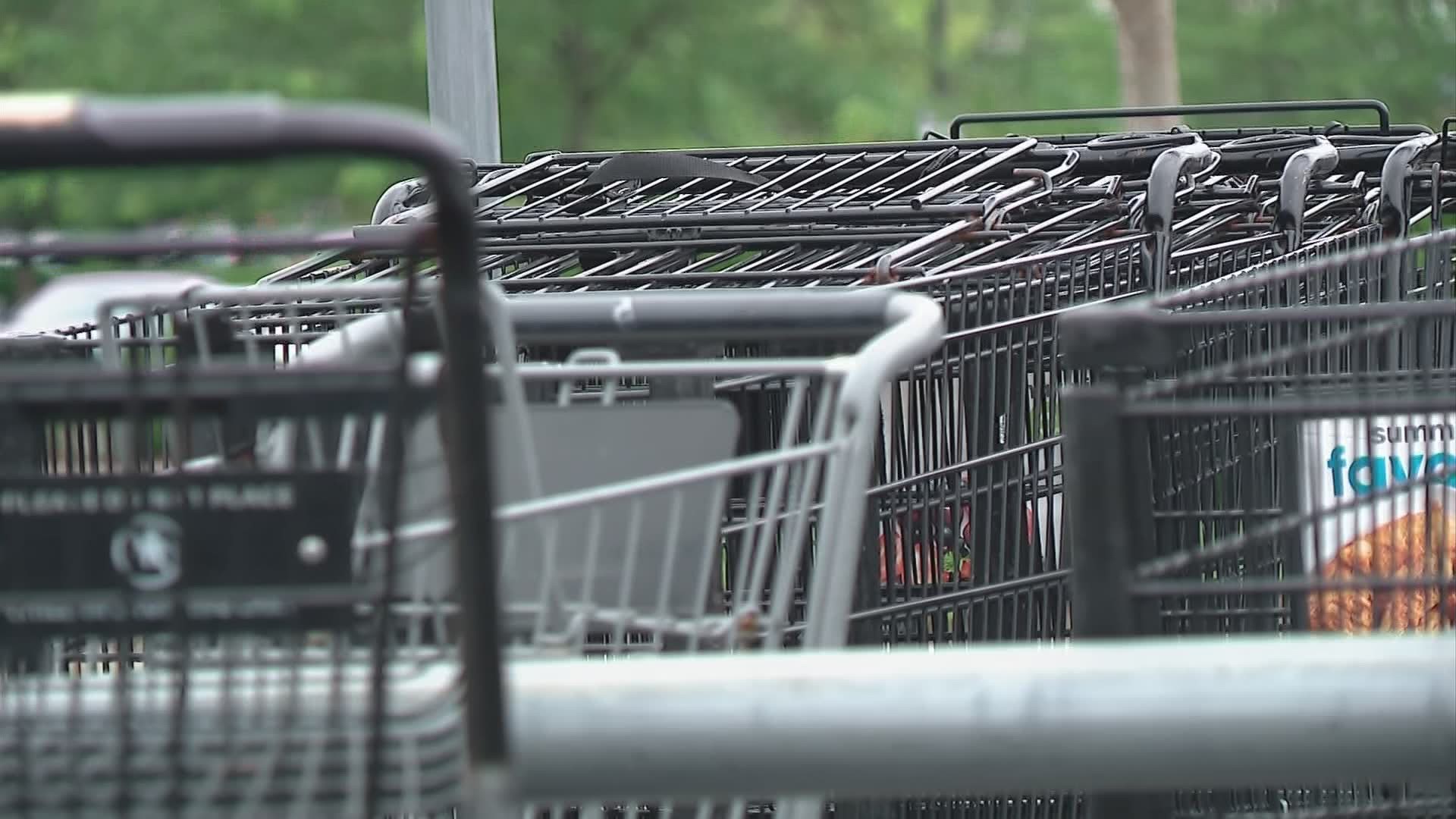COLUMBUS, Ohio — It’s the difference between considerate and inconsiderate, courteous and discourteous.
The question is: Which one are you?
A growing theory online suggests your moral compass can be determined based on what you do with a shopping cart, and whether you put it back in the cart rack, or leave it stranded in the parking lot.
Ideally, it’s what you do when no one is watching. Some say the shopping cart litmus test, or decisive test, is the best test when it comes to the question, “Are you doing the right thing when there’s no reward?”
“We think it’s valuable, we think it’s desirable to live in a courteous society,” Dr. Alan Murphy said.
Dr. Murphy, who is the director of Clinical Ethics with OhioHealth, is quick to point out there are underlying possibilities with this theory, like maybe you’re not physically able to return the cart or maybe there’s an emergency and you don’t have time to return the cart. However, assuming you’re physically able and not in a hurry, he says the shopping cart theory creates interesting connections between people and their morals.
“More pleasant and safer to live in a society where we take reasonable, good faith steps on each of our parts to reduce one another’s risk,” he said.
Good faith steps, like putting the cart back, or still wearing a mask if you haven’t been vaccinated.
10TV's Bryant Somerville asked if Dr. Murphy believes there's a connection between not putting the cart back and people who aren't vaccinated, but still choose not to wear a mask.
“I think we could probably find a parallel,” Dr. Murphy said.
While COVID-19 is a much more serious topic than a loose cart and some chipped paint, it’s the concept of knowing mask rules are more relaxed and knowing Covid-19 is still out there that raises the question: What will you do?
“The gist of it boils down to the golden rule, which is do unto others as you would have them do unto you,” Dr. Murphy said.

